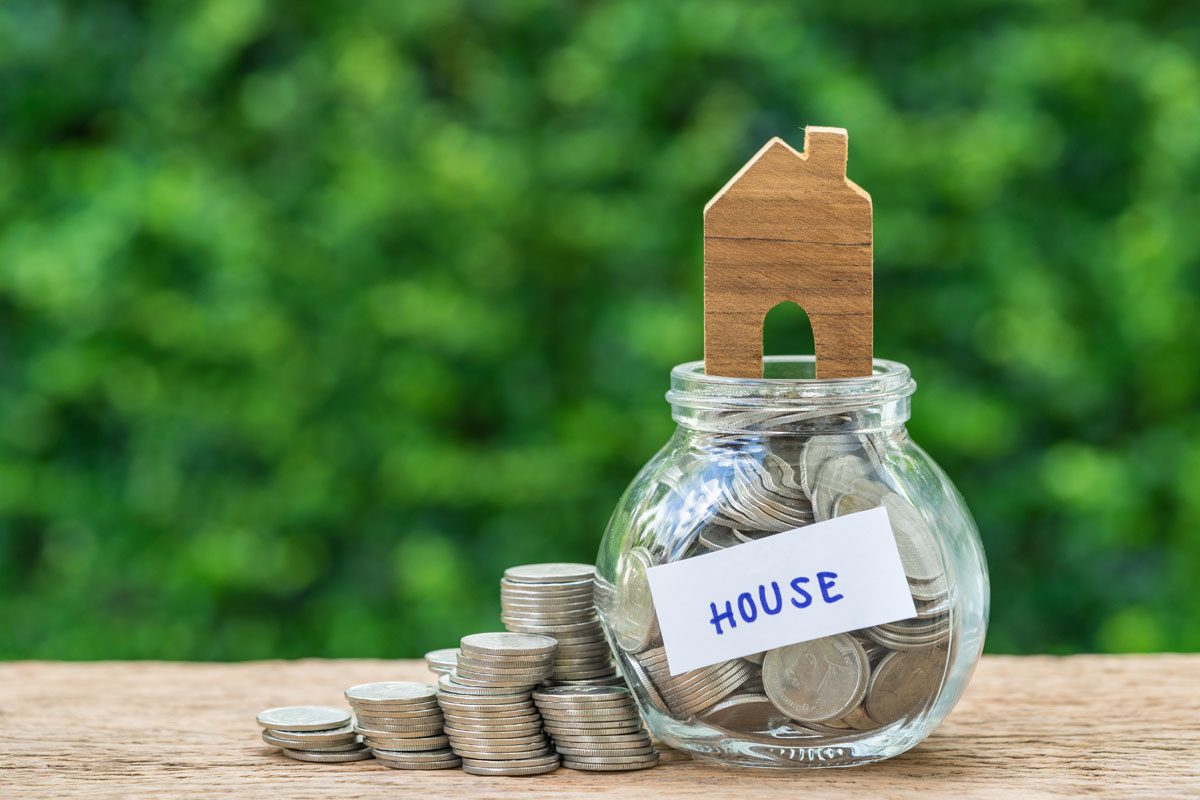Budgeting 101: What is it, why do it and how to get started
Let’s face it – you came to Apruebame.com for a reason. You have some big financial goals and you are now wondering how to take the first steps, how do you act? How do you get started? What may surprise you is that the first step in making progress toward any goal is budgeting. Whether … Continue reading “Budgeting 101: What is it, why do it and how to get started”

Let’s face it – you came to Apruebame.com for a reason. You have some big financial goals and you are now wondering how to take the first steps, how do you act? How do you get started?
What may surprise you is that the first step in making progress toward any goal is budgeting. Whether it’s paying off debt, saving up for a house, or improving your financial situation in general. Budgeting is a way to keep track of your money- and this is the first step towards achieving any financial goal. Particularly saving. That’s right - you’ll save money just by keeping track of where you spend it. How? Well, you know how there’s that dieting trick of keeping a food journal? Same concept. We become conscious of our habits by keeping track of them. This helps us realize our habits and areas of improvement.
It may sound obvious to keep a budget and keep track of your spending, but most of us are only estimating how much we spend on food, housing and entertainment. This leaves us with a cloudy outlook on our finances. Even though 78% of Americans say that they do know what they are spending their money on, half don’t have budgets!
This “pay-as-you-go” mentality can leave you overspending, feeling confused about where you stand on finances, and eventually racking up credit card debt. Even if you are the best at always seeking the low-cost option when you go out to eat, buy groceries, or re-stock your closet, without a budget, these expenses could get ahead of you. With a good budget, however, you can be confident knowing that you have a plan directing you towards the life you want to live.
What is budgeting?
Budget: n. a detailed financial plan outlining your income and expenses into categories for a given period of time.
Sounds easy enough. Because most payments are monthly, you would want to set your budget for each month, helping to reach your end-of-year goals.
Your monthly income will be your limit in spending, and it’s up to you to determine how you divide that among your expenses vs. how much you want to save. This is the core element of your personal finances, keeping you in line when it comes to living within your means (not overspending) and the base from which you can grow financially.
A budget is a crucial part of the lives of anyone who knows anything about finances. It will grow and change with you as your life provides you with new opportunities, needs, and goals.
Why Budgets Are Important
We covered the general question of why should everyone have a budget, but in case that wasn’t enough, here are the 6 benefits to setting your budget.
A good budget will:
-
Help you achieve your financial goals.
Like we said, you’re on Apruebame.com because you have plans for your life and for your money. Creating a budget allows you to prioritize where your money goes, helping you to achieve these goals faster and easier.
-
Put you in control, of where you want to, and can spend your money.
It also allows for some flexibility in your life because your budget may change month to month. You get to decide where you want to reallocate your spending. Maybe you have some travel plans coming up. You get to say what areas of your life you will decrease spending on for a time and reallocate that to your fun-funds.
-
Prevent overspending
By telling you exactly where you can and cannot spend money, right down to the dollar, and keeping you from spending money that you don’t have. Doing this may also highlight your bad spending habits – do you really those new shoes? Or do you need to pay your cellphone bill on time?
-
Help you to live debt free and improve your credit.
Especially if your goal is to get out of debt, your budget will help you to save money in ways to pay that off, as you understand where your costs truly lie. Planning where and when you spend and save your money will keep you on track to paying your bills on time, instead of just living paycheck to paycheck, leading you in the direction to build better credit, too.
-
Prepare you in case of emergencies.
It’s hard to plan for emergencies, because that’s kind of the deal with them: you don’t see them coming. For that reason, it can be easy to forget to save money in case of a flat tire or a broken arm because those things (hopefully) aren’t a part of your daily routine. You can build up your emergency fund over time as a cushion to keep your debt-free in case of, well, emergencies. It should equal up to a few months of income, allowing you to rest easy. Bringing us to number 6.
-
Keep you free from anxiety.
You’ll no longer need to worry if you can afford your favorite restaurant or that big concert you’ve been wanting to attend. You can rest easy knowing that if everything goes according to plan, you’ll pay off all your bills that month. Being comfortable in your financial wellness will help with your personal wellness.
How do I create a budget?
Now you know about budgeting and why it’s important. Now it’s time to go from theory to execution and tell you the steps and important information when it comes to setting your budget.
First, you need to be familiar with some basic terminology:
-
Necessities
These are the minimum, fixed expenses you need to make in order to keep the essentials of your life: shelter, food, heat, etc. This includes home payments (whether you own or rent), utilities like gas, electric and water, groceries and transportation.
-
Financial Goals
In general, any sort of saving and things that will build a strong financial foundation. For example, contributing toward your retirement, saving for emergencies or bigger payments like trips or a home, and paying off credit card payments, loans and debts. Planning for retirement is a financial goal that even young people should keep in mind.
-
Flexible Choices
The expenses you make with everything leftover after covering your Necessities and your Goals. They can be anything from internet and cable, entertainment, gym memberships, childcare, pets, donations, or any miscellaneous expenses you choose to make with your discretionary income. It includes going out, vacation, and anything that you do for your leisure.
Now that we’ve brushed up on our definitions, we can get into the basic layout of your budget.
-
- Start by identifying your monthly income after taxes are taken out:
-
- 50% of your after-tax income will go to Necessities
- 20% goes toward Financial Goals
- 30% goes to Flexible Choices
This is a general guideline, and as we mentioned before, your budget can be flexible. It’s up to you to decide where you draw the line between expenses in categories, but bottom line is being realistic, and keep it simple. We encourage you to write down what those numbers look like for you. For the next month live with them in mind and try to implement them for the following month. Ease into your budget but have the goal in mind of being completely budgeted within 60 days of reading this article.
If you have no idea of where to start, you can visit our "checklists" section and download one of our free budget templates. You can save them on your computer and make any changes to tailor it to your specific needs. This will make the process even easier.
If you want more detailed steps on how to budget, please read our article "How to budget in 4 easy steps" it will provide you with more detailed information.
Take out that pen and paper, and set your budget!





